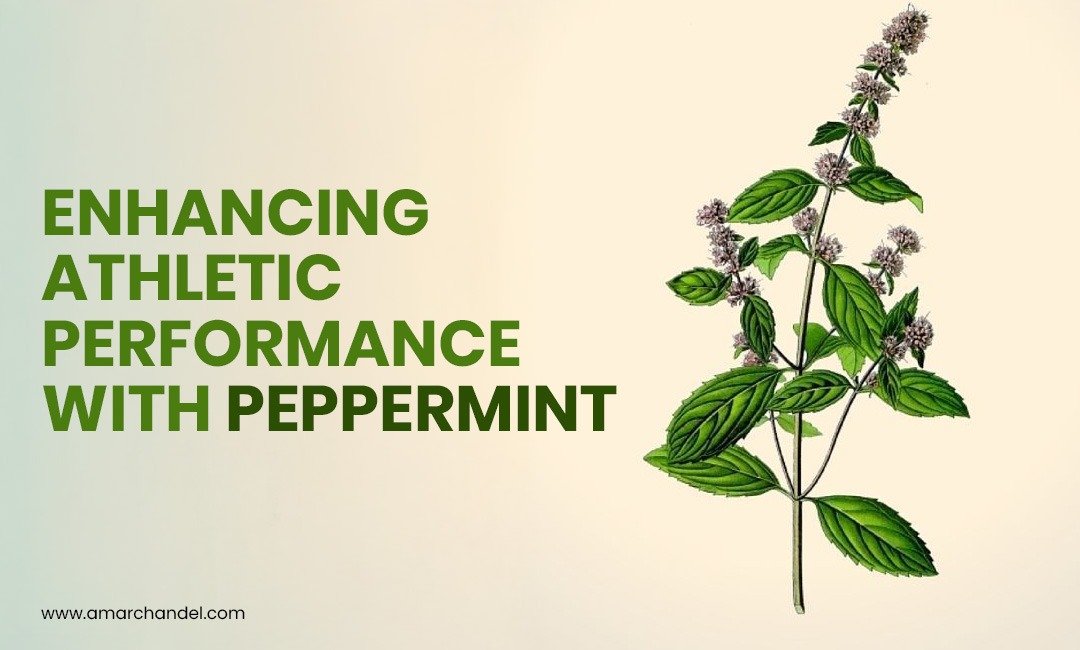Ever since smoking was prohibited in nightclubs, customers have increasingly noted unpleasant smells, such as body odours, so researchers in Europe thought they’d try to cover them up. They measured the effects of peppermint, for example, on dancing activity and asked people to rate their energy level from calm and quiet to what looks like a suicide bomber level. Indeed, people felt more cheerful, danced more, and so environmental fragrancing may be expected to have a positive effect on club revenue. And so innovative nightclubs are already inviting aroma jockeys to smell the places up.
The business community caught whiff of this and thought, hey, maybe we can get our secretaries to type faster. And it worked! Improved performance on clerical tasks associated with the administration of peppermint odour.
They also used an electronic memory device to measure memory, Milton Bradley’s Simon —remember that? But it didn’t work. Still, if the scent of peppermint can increase typing performance, what about athletic performance?
In an age where athletic competitions are frequently won or lost by mere hundredths of a second, athletes are continually looking for new ways to excel in their sport. They threw some collegiate athlete onto a treadmill and piped different smells into their nostrils, and those on peppermint reported feeling less fatigued, more vigorous, less frustrated, and just felt they performed better. But did they perform better?
The first study primarily focused on the psychological aspects of athletic performance. This study measured actual performance, and participants were able to squeeze out one extra pushup before collapsing and cut almost 2 seconds off a quarter-mile dash with an odorized adhesive strip stuck to their upper lip.

Interestingly, there were no significant differences in basketball free throws. They think the reason is that free throws require some skill, and all the peppermint can do is really improve an athlete’s motivation. If an athlete does not have the skill to make the free-throw, increasing the level of motivation will merely result in a more motivated athlete who still does not have the skill to make the free-throw.
Unfortunately, follow-up studies were not able to replicate these results, showing no beneficial effect of smelling peppermint on athletic performance, so how about eating peppermint? The effects of peppermint on exercise performance, measured before and after 10 days of drinking bottles of water with a single drop of peppermint essential oil in them. And all their performance parameters shot up, churning out 50% more work, 20% more power, and a 25% greater time to exhaustion.
With improvements across the board in all those fancy physiological alphabet soup parameters that all the exercise geeks love, indicating increased respiratory efficiency. They attribute these remarkable results to the peppermint opening up their airways, increasing ventilation, and oxygen delivery.
Now you can OD on the stuff. A woman tried chugging a bottle in an unsuccessful but nearly successful suicide attempt, but a few drops shouldn’t be toxic. I’d rather see folks blending fresh mint leaves in water rather than using the oil, kind of like a mojito without the rum and sugar.
Now heavy mint consumption may lower libido. There are reports of men drinking 4 cups of day of spearmint or peppermint tea losing their sex drive, though that may improve athletic performance even more, helping to keep their heads in the game.
Because of the antiandrogenic effects, researchers decided to try it out on hairy women, and in a matter of just 5 days, they were able to drop their free testosterone levels by about 30% with two cups of tea a day.

There’s actually a syndrome called PCOS, or polycystic ovarian syndrome, which can result in abnormally high testosterone levels in women, which can successfully be brought down with mint tea.


Give a Reply